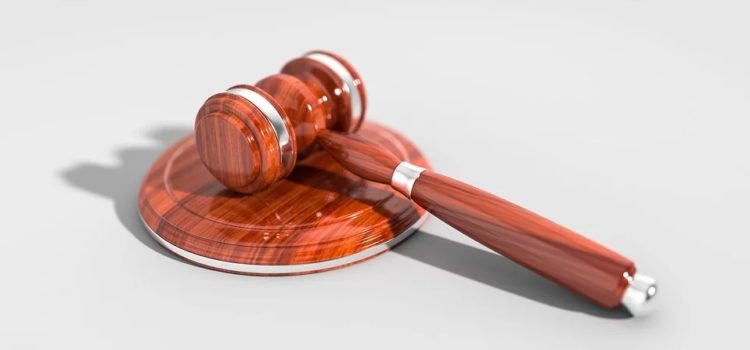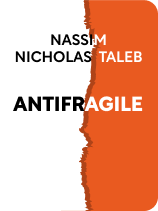

This article is an excerpt from the Shortform book guide to "Antifragile" by Nassim Nicholas Taleb. Shortform has the world's best summaries and analyses of books you should be reading.
Like this article? Sign up for a free trial here .
Is there a difference between legality vs ethics? Is one more fragile than the other?
It’s entirely possible for a legal or ethical system to be fragile. Especially when stakes are low, both legality and ethics are easy to look past. But this can cause systems to collapse.
Read more about legality vs ethics and what they mean for an antifragile system.
Fragility in Legality vs Ethics
As it stands, the problem is that these transfers of fragility from executives and bankers to the common people are perfectly legal (though certainly not ethical). Insiders can take advantage of the system’s enormous size and complexity to exploit weaknesses and loopholes—remember, size and complexity increase fragility.
For example, a previous vice chairman of the U.S. Federal Reserve Bank—now employed by a private bank—came up with a way to get around the usual limits on investment insurance by breaking up a large investment into numerous different accounts. This would benefit his clients, and therefore himself, while putting the risk on taxpayers who might have to bail out the bank again.
It was legal within the rules of the system, but by no means ethical. To make matters worse, this same person used the prestige of his former position to argue against the government increasing the insurance limit on individuals.
Again, these ethical issues arise because of stakes. In this case, it’s actually worse than the thinkers who have no stake in their ideas. This former vice chairman had an inverse stake: He had nothing to lose but a lot to gain.
However, you’ll often see justifications after the fact about why these actions were ethical. With the options available through hindsight and cherry-picking, it’s easy to fit selfish actions to a narrative about the common good, or what have you. This is simply applying the benefits of optionality to ethics.
We see this commonly from American gun lobbyists, for example, who claim that widespread ownership of guns improves public safety and benefits the country (despite all evidence to the contrary). More generally, people often fit their beliefs to their actions rather than their actions to their beliefs.
Another legal-but-unethical argument that comes up a lot is “everyone’s doing it.” This is especially common in academia: Teachers have to teach based on the textbooks and the curriculum, even if they know what they’re teaching isn’t accurate.
Then students take that incorrect knowledge into their professional lives, where companies expect them to use the same theories and rules that everyone else uses—again, even when those ideas are wrong and dangerous. That happens a lot in economics, with many of the results we’ve previously discussed in this section.
In short: Legal doesn’t mean ethical, and people often put their ethics aside when they have something to gain. However, those people might use the options granted by arguing after the fact to make their actions seem ethical. One of the most common after-the-fact arguments is that it’s natural to want to make money, as if that somehow excuses the harm done to others in the pursuit of wealth.
As in many other areas, we should progress by negation. If we removed these sources of fragility—that is, the huge and complex organizations managed by people with nothing to lose and a lot to gain—we’d create a much better system.

———End of Preview———
Like what you just read? Read the rest of the world's best book summary and analysis of Nassim Nicholas Taleb's "Antifragile" at Shortform .
Here's what you'll find in our full Antifragile summary :
- How to be helped by unforeseen events rather than harmed by them
- Why you shouldn't get too comfortable or you'll miss out on the chance to become stronger
- Why you should keep as many options available to you as possible






